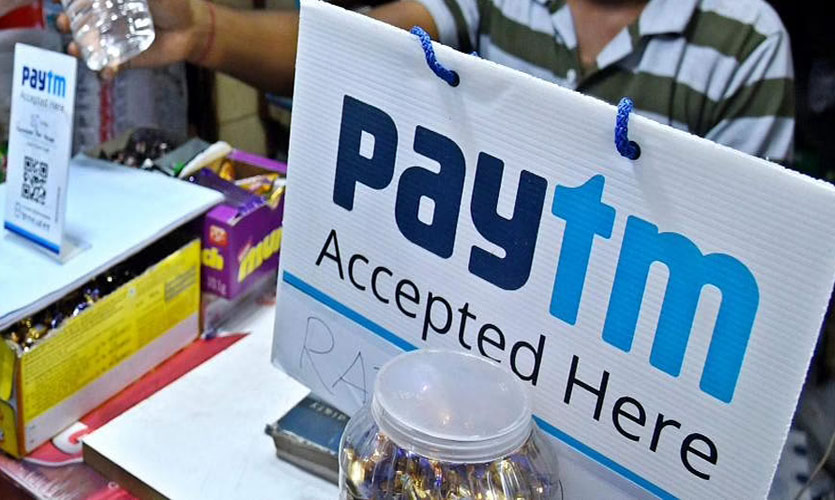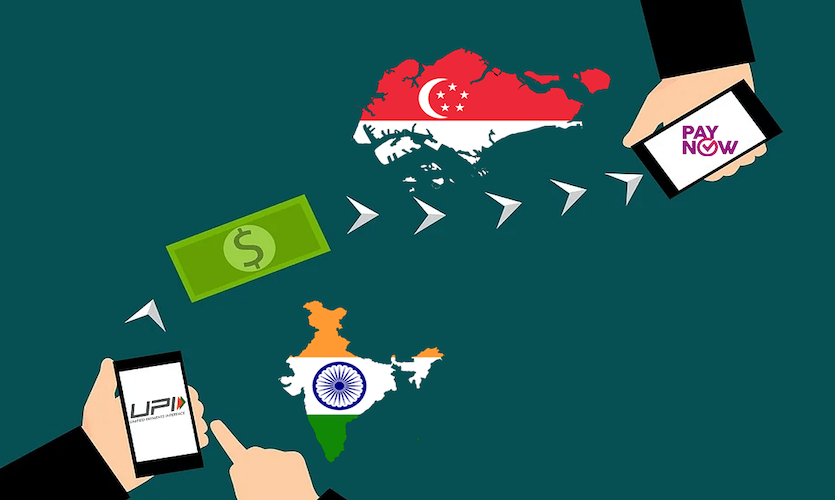Mobile wallet company Paytm released an initial public offering (IPO) on November 8, comprising an offer-for-sale of Rs 10,000 crores and a fresh issue of shares worth Rs 8,300 crores. The public issue could prove to be a “very high-risk bet” and may not experience a significant increase once listed on the stock exchange, said Rakhi Prasad, an investment manager with Alder Capital to Bloomberg TV on November 9.
According to Rakhi, “In Paytm’s case, where there is the strength of the network effect, it’s the largest digital payments platform from a merchant’s perspective, it has a long runway to capitalise on that and hopefully generate some profits along the way.”
She said that “these are very high-risk bets” over the medium to long-term horizon. “Nothing is really going to happen in the short-term. I would say demand will come through but maybe not a big listing pop that we may have been seeing in some other companies.”
The latest IPO offering has received largely mixed responses from experts despite the fact that Paytm holds the largest share of India’s merchant payments market. According to a report by Moneycontrol, Jyoti Roy, DVP-Equity Strategist at Angel One Ltd said, “At the upper end of the price band, Paytm is valued at 49.7x its FY21 revenues.” He further added, “While valuations may appear to be expensive, Paytm has become synonymous with digital payments through mobile and is the market leader in the mobile payment space.”
According to Marwadi Financial Services who worked out the valuations of the company, the company is at a great risk if it fails to retain and attract new consumers, and expand the volume of transactions from consumers, due to which its business, revenue, profitability and growth may be harmed. The mobile wallet company needs to constantly work towards maintaining or improving its technology infrastructure if it hopes to divert future harm towards the business and its prospects. The brokerage has suggested that investors ‘avoid’ this IPO as valuations are too demanding for a loss-making company.
“Monetising the large installed customer/merchant base of Paytm for broader financial service offerings such as credit, wealth, and insurance is the key opportunity for the company and it would lead to the profitability going forward,” said Arihant Capital Markets.
The brokerage further highlighted that the company’s history of net losses and negative cash flows in the past years have raised doubts about its profitability. Paytm may not be able to pass on any increases in payment processing charges payable to financial institutions and card networks to its customers, which may result in losses. However, the brokerage has recommended investors subscribe to the IPO for ‘listing gains’.
Read more: Zostel Requests SEBI To Suspend OYO’s IPO
The IPO has been billed as the biggest in India’s corporate history. Launched by parent company One97 Communications, it will close on Wednesday, November 10. The parent company has fixed the price band at Rs 2,080 to Rs 2,150 per equity share for Paytm’s upcoming IPO. The public offering has drawn anchor investors like BlackRock Inc. and the Abu Dhabi Investment Authority (ADIA). In contrast, they have received a lukewarm response with only 18 percent subscriptions on day one and 36 percent as of 1:30 pm on day two. However, SoftBank Group Corp.’s CEO Masayoshi Son remains optimistic and bullish about the prospects.
Paytm plans to utilise the returns from the IPO for various activities like “acquisition of consumers and merchants and providing them with greater access to technology and financial services”. The mobile wallet company will also invest in new business ventures, partnerships and acquisitions, while the remaining funds will be used for other corporate activities to strengthen the Paytm ecosystem. According to a Financial Express report, “For the current valuations to sustain, the company has to remain on the path of high growth trajectory for revenues for a period of three years at least. All three verticals have to keep on firing at an accelerated pace.”









